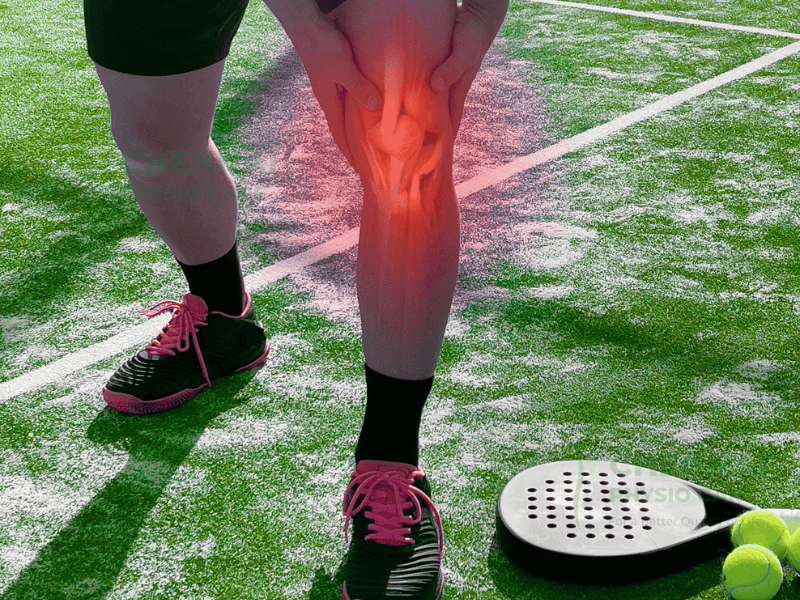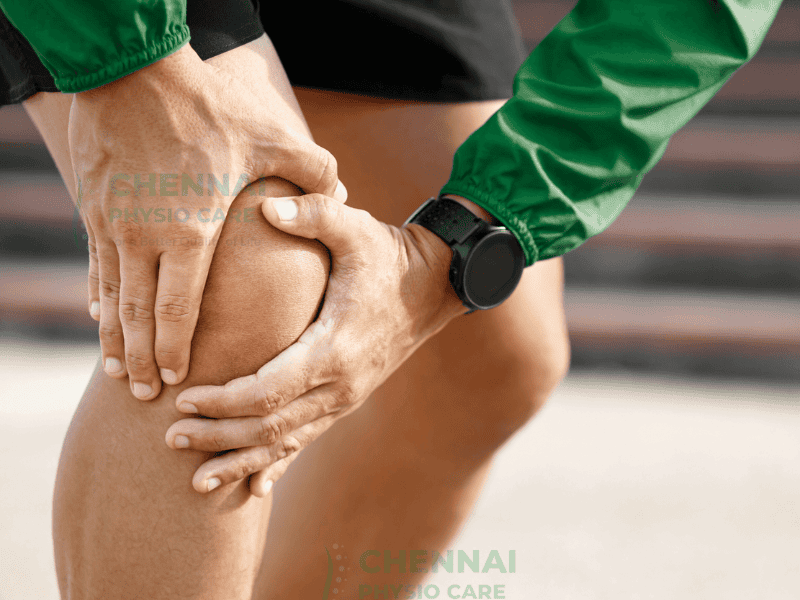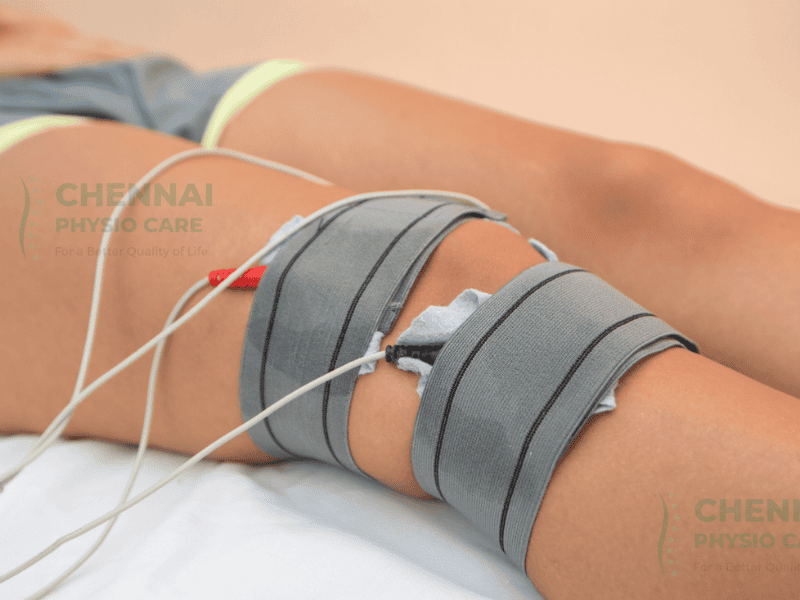Comprehensive Guide to Knee Pain and Care
Knee pain is a prevalent issue affecting individuals of all ages. It can range from mild discomfort to severe, incapacitating pain, impacting your daily activities and overall well-being. Common causes include injuries, overuse, and chronic conditions such as arthritis and ligament tears.



Overview of Knee Pain
What is knee pain?
Knee pain can arise from various structures within the knee joint or the surrounding tissues. The knee is a complex joint that bears significant weight and stress during daily activities. Pain can originate from bones, cartilage, ligaments, tendons, or the joint capsule itself. Understanding the source of your knee pain is crucial for effective treatment and recovery.
Common Causes
Knee pain can result from various factors, ranging from acute injuries to chronic conditions:
- Ligament injuries (ACL, MCL, LCL, PCL tears)
- Meniscus tears from twisting or pivoting movements
- Osteoarthritis and rheumatoid arthritis
- Patellofemoral pain syndrome (runner's knee)
- Bursitis and tendinitis
- Fractures and dislocations
- Overuse injuries from repetitive activities
- Poor biomechanics and muscle imbalances
- Age-related wear and tear
- Obesity putting extra stress on knee joints
Symptoms to Watch For
Knee pain can manifest in various ways depending on the underlying cause:
- Sharp, stabbing pain during movement
- Dull, aching pain that persists
- Swelling and inflammation around the joint
- Stiffness and reduced range of motion
- Clicking, popping, or grinding sounds
- Instability or feeling like the knee might give way
- Difficulty bearing weight on the affected leg
- Pain that worsens with activity or at night
- Warmth and redness around the knee
- Muscle weakness in the surrounding area
When to Seek Professional Help
Seek immediate medical attention if you experience:
- Severe pain that prevents weight-bearing
- Obvious deformity or instability
- Signs of infection (fever, warmth, redness)
- Complete inability to move the knee
- Numbness or tingling in the leg or foot
- Pain following a significant injury or trauma
Treatment Options
Treatment for knee pain varies depending on the cause and severity:
Physiotherapy
Targeted exercises to strengthen muscles, improve flexibility, and restore normal movement patterns.
Pain Management
Various techniques including ice/heat therapy, manual therapy, and modalities to reduce pain and inflammation.
Exercise Therapy
Specific strengthening and stretching exercises to address muscle imbalances and improve joint stability.
Lifestyle Modifications
Weight management, activity modification, and ergonomic improvements to reduce stress on the knee.
Helpful Exercises
These gentle exercises can help improve knee function and reduce pain:
Important: Always consult with a physiotherapist before starting any exercise program.
Straight Leg Raises
Lie on your back, keep one leg straight and lift it 6 inches off the ground. Hold for 5 seconds, repeat 10 times.
Wall Sits
Stand with your back against a wall, slide down until thighs are parallel to floor. Hold for 10-30 seconds.
Hamstring Stretches
Sit with one leg extended, reach toward your toes. Hold for 30 seconds, repeat 3 times each leg.
Calf Raises
Stand and rise up on your toes, hold for 2 seconds, lower slowly. Repeat 15-20 times.
Prevention Tips
Prevent knee pain with these proactive measures:
- Maintain a healthy weight to reduce stress on knee joints
- Strengthen the muscles around your knees regularly
- Warm up properly before exercise and cool down afterward
- Wear appropriate footwear for your activities
- Avoid sudden increases in activity intensity
- Use proper technique during sports and exercise
- Listen to your body and rest when needed
- Stay hydrated and maintain good nutrition
- Consider low-impact exercises like swimming or cycling
Lifestyle Modifications
Make these lifestyle changes to support knee health:
Diet
Anti-inflammatory foods, adequate protein, and proper hydration support joint health.
Exercise
Regular low-impact activities help maintain joint mobility and muscle strength.
Sleep
Quality sleep promotes tissue repair and reduces inflammation.
Frequently Asked Questions
How long does knee pain typically last?
The duration depends on the cause. Acute injuries may heal in weeks, while chronic conditions require ongoing management. Early intervention often leads to faster recovery.
Can I exercise with knee pain?
Gentle, appropriate exercises can actually help knee pain. However, avoid activities that worsen pain and consult a physiotherapist for guidance.
When should I consider surgery for knee pain?
Surgery is typically considered when conservative treatments fail and pain significantly impacts quality of life. Most knee conditions respond well to physiotherapy.
Patient Testimonials
Verified Google Reviews — Real feedback from our patients
K Krithivasan
Had great relief from Back pain after 10 sessions of therapy.Bit expensive but worth it.
Anbukkarasi Padmaraj
I have gone for modified epley. This therapy is done by very few centres only. In this chennai physio care , the dr done very well and it was good. I recommend this centre